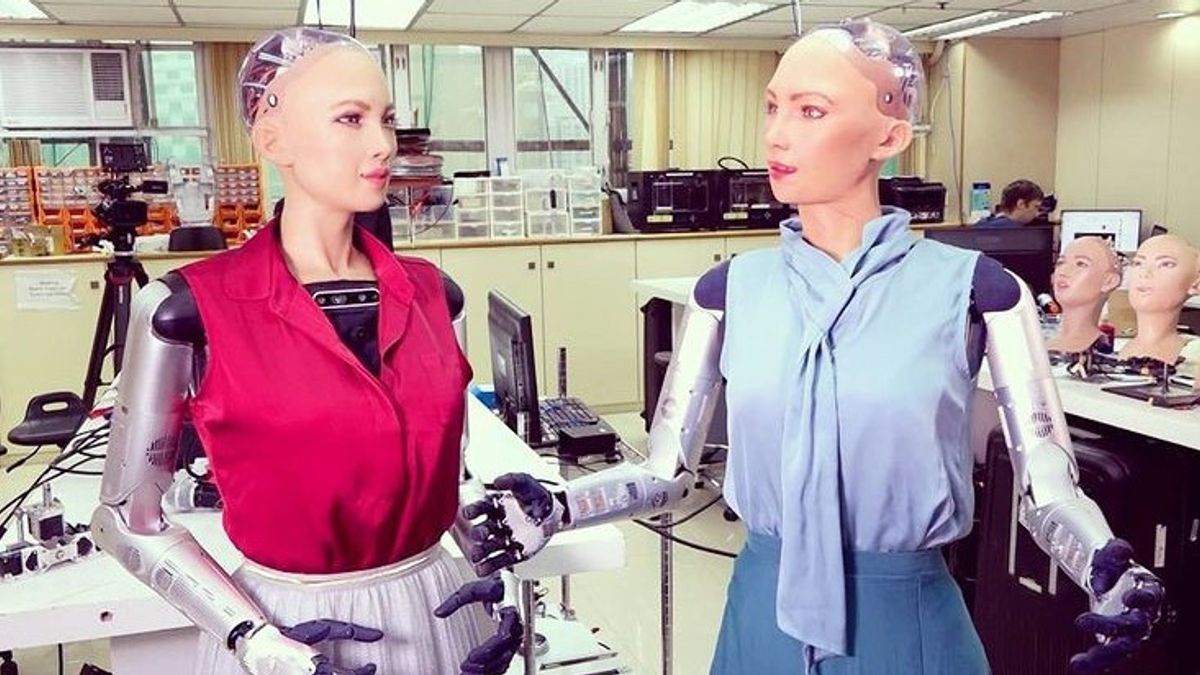JAKARTA - In 2016, the Hong Kong-based robotics company Hanson Robotics launched Sophia for the first time. A humanoid robot that can interact with humans.
The robot immediately became an internet sensation as it went viral after its launch. Hanson Robotics now plans to start mass production of the robots before the end of the year.
The Hong Kong-based company hinted that it plans to release four models, including the Sophia.
These models will begin to roll out from the factory in the first half of 2021. This news comes as researchers predict the pandemic will open up new opportunities for the robotics industry.
"The COVID-19 pandemic will need more automation to keep people safe", said Hanson Robotics founder and CEO David Hanson.
"We have seen robots deployed in the healthcare and delivery industries, but Hanson believes that robotic solutions for the pandemic are not limited to healthcare but can also help customers in industries such as retail and airlines", he said.
According to him, Sophia is unique because it is very similar to humans. This robot is useful in times when people experience loneliness and social isolation. Hanson plans to sell thousands of robots by 2021.
Social robotics professor Johan Hoorn, whose research is still related to Sophia, said that while the technology is still relatively new, a pandemic could accelerate the relationship between humans and robots.
Hanson Robotics also plans to launch a robot that this year was developed for the health sector called Grace.
Products from other big players in the industry are also helping to fight the pandemic. For example, SoftBank's Robotics Pepper Robot was deployed to detect people who were not wearing masks.
Meanwhile, in China, robotics firm CloudMinds helped set up a robot-run field hospital during the coronavirus outbreak in Wuhan.
Before the pandemic, the use of robots was increasing rapidly. According to a report by the International Robotics Federation, worldwide sales of professional service robots have jumped 32% to US $ 11.2 billion between 2018 and 2019.
The English, Chinese, Japanese, Arabic, and French versions are automatically generated by the AI. So there may still be inaccuracies in translating, please always see Indonesian as our main language. (system supported by DigitalSiber.id)













